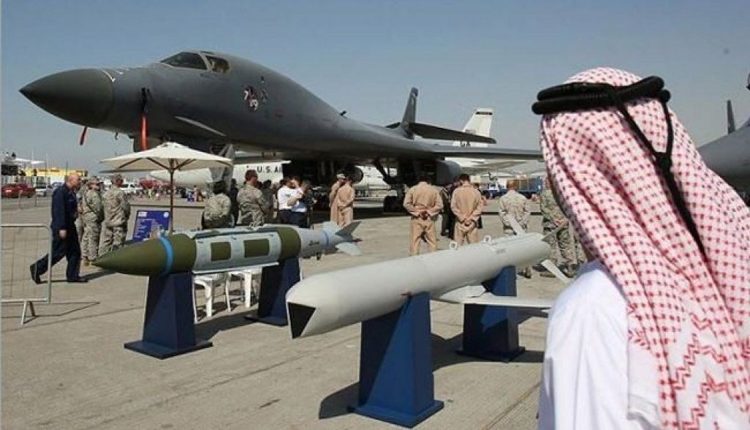Journalist and analyst Daniel Larison said in a report he wrote for the “Responsible Statecraft” website, which was published on Saturday, that a few days ago, the Biden administration approved arms sales to Saudi Arabia and the UAE worth $ 5 billion.
In another proof that the US administration is resuming arms sales to the two governments, the State Department has justified sales of Patriot and THAAD missiles, saying that they are used to defend the two countries against potential air attacks.
The reporting of the new arms deals came as a truce in Yemen was extended for another two months. While these sales appear to be consistent with the Biden administration's commitment to only sell defensive weapons to members of the Saudi coalition, the United States should not supply these governments with any kind of weapons until the war on Yemen is over, the analyst said.
Larison pointed out that any military support that helps Saudi Arabia and the UAE to continue the war in Yemen is an unacceptable fueling of an unjust war and must be rejected by Congress.
The analyst noted that this deal is with two countries, Saudi Arabia and the UAE, that have waged an aggressive war against a neighboring country that has been going on for seven years now. Over those years, they have killed thousands of Yemeni civilians and given support to proxies on the ground there.
The report indicated that sending recent arms deals to Saudi Arabia and the UAE means that they will not bear any punishment for the war crimes they committed with US weapons in the past. Instead, the two governments will conclude that the United States will continue to arm them regardless of what they do if this can be justified by "self-defense."
Meager Earning
These deals were announced in the same week that OPEC+ agreed to a small increase in oil production of 100,000 barrels per day in what was widely interpreted as a "disregard" for "Biden" after his controversial visit to Saudi Arabia last month.
In the words of Raad Al-Qadri from the Eurasia Group: “This increase has no meaning, and from a political view, it is insulting.”
The report pointed out that Riyadh and Abu Dhabi's need for these missiles is more evidence of the failure of the Saudi-led intervention, which not only destroyed Yemen but also undermined any responsive attacks against their own countries.
In light of the launching of missiles from Yemen on Riyadh and Abu Dhabi, the surest way to protect themselves from air attacks is for their governments to end the war and stop interfering in Yemen's affairs.
Aggressiveness and a Greater Appetite
The new arms sales are the latest in a series of gestures intended to appease these vassal governments, but they are unlikely to remain satisfied for long. Experience indicates that this policy will increase their appetite for more demands in the future.
The arms deals approved by the Biden administration are likely to make Saudi Arabia and the UAE more aggressive because they will assume they can protect themselves more effectively from drone and missile attacks.
In any case, more arms sales to authoritarian governments will not produce a more stable and secure region, because it fuels the regional arms race and increases tensions with Iran, and this could set the stage for another destabilizing conflict.







